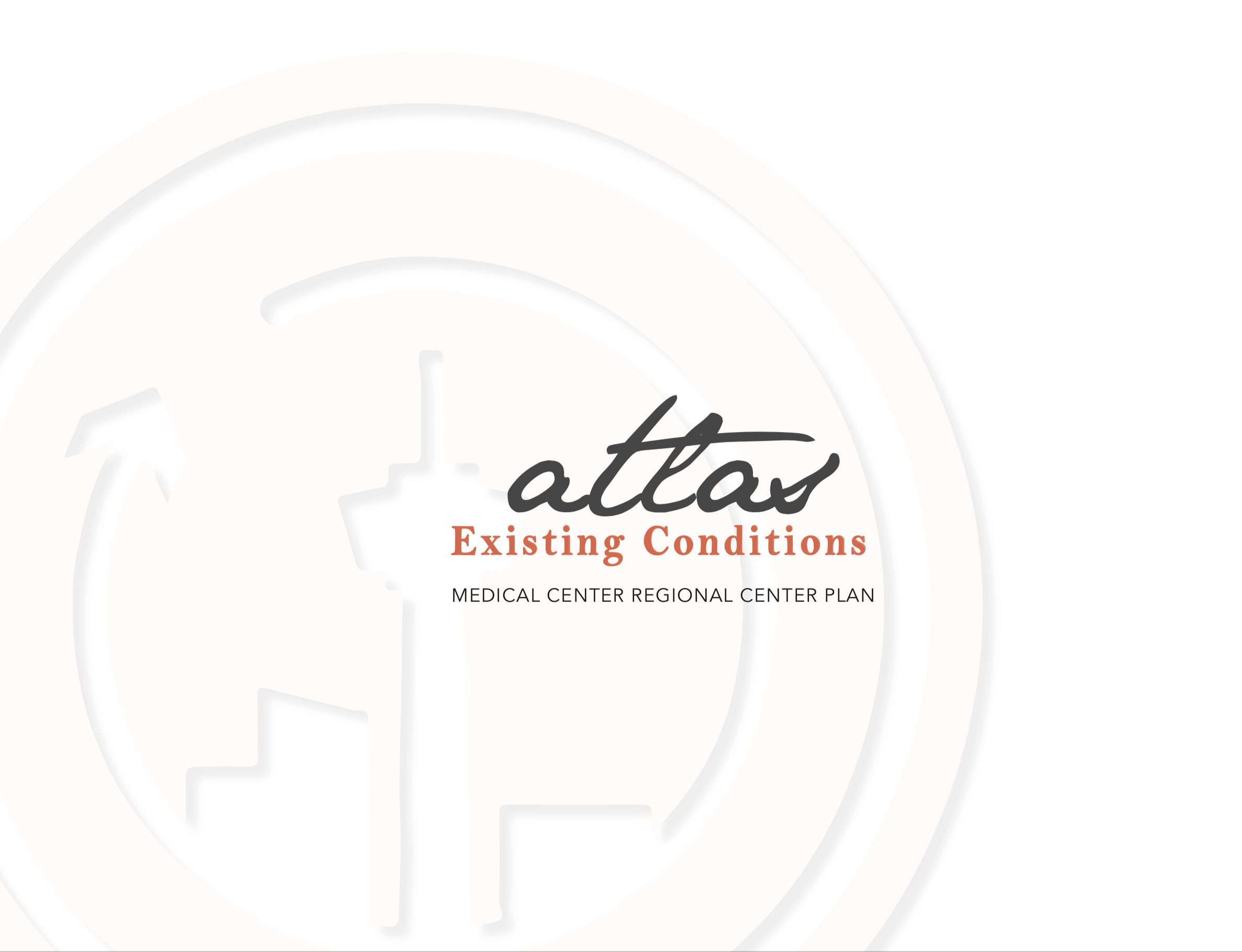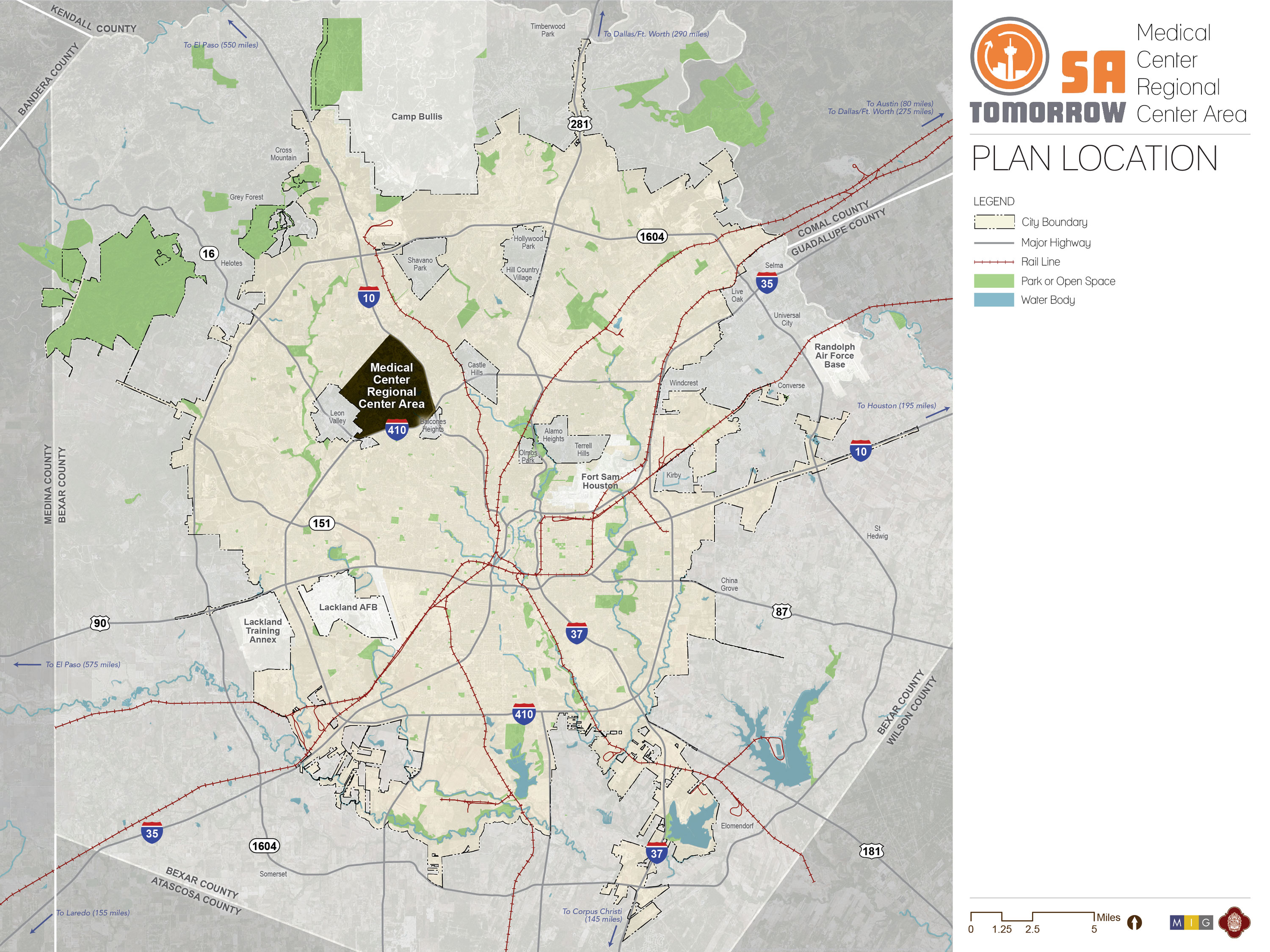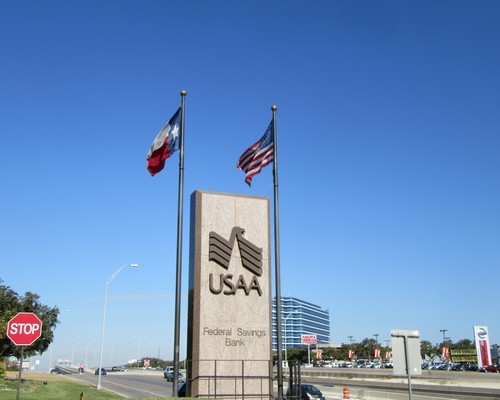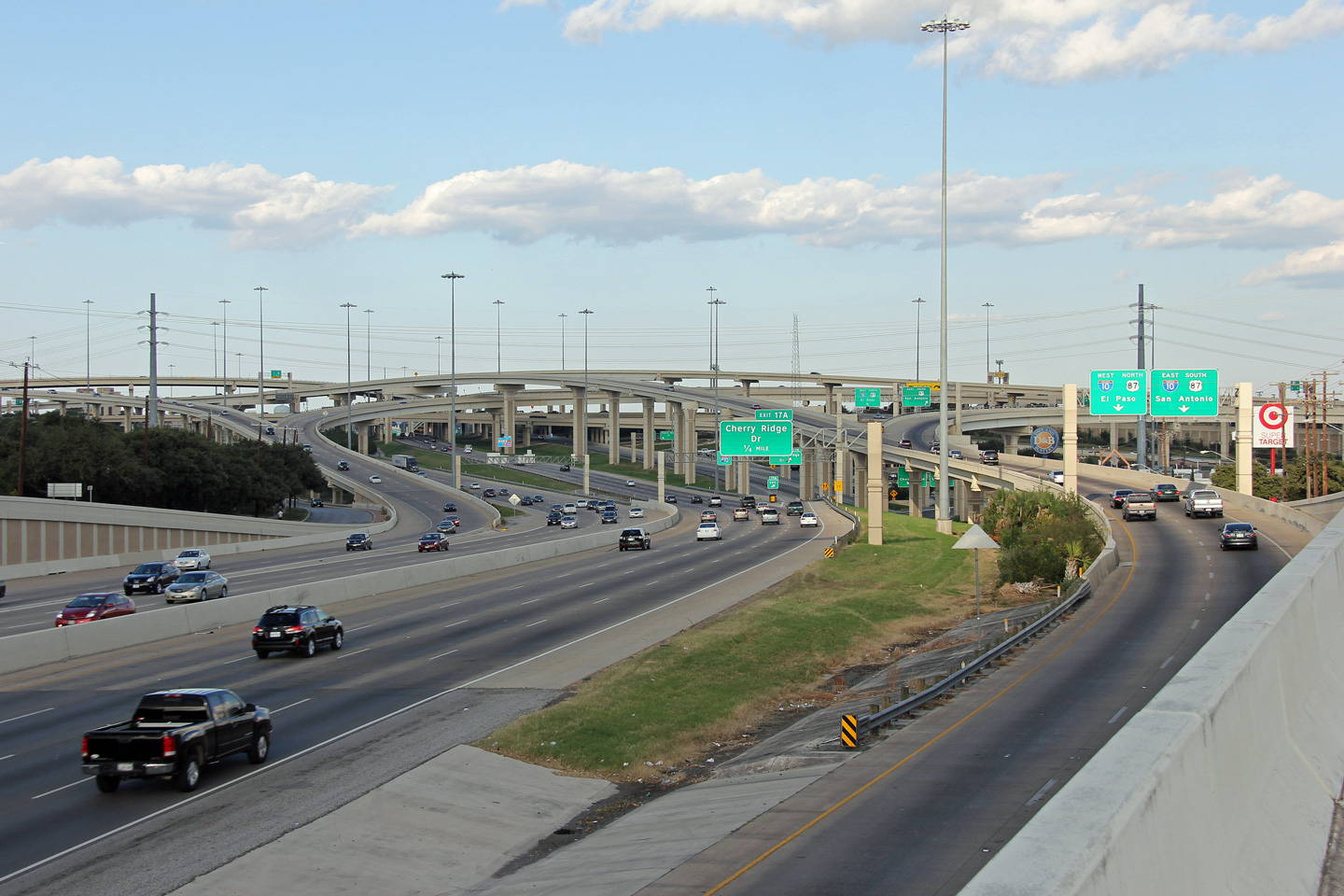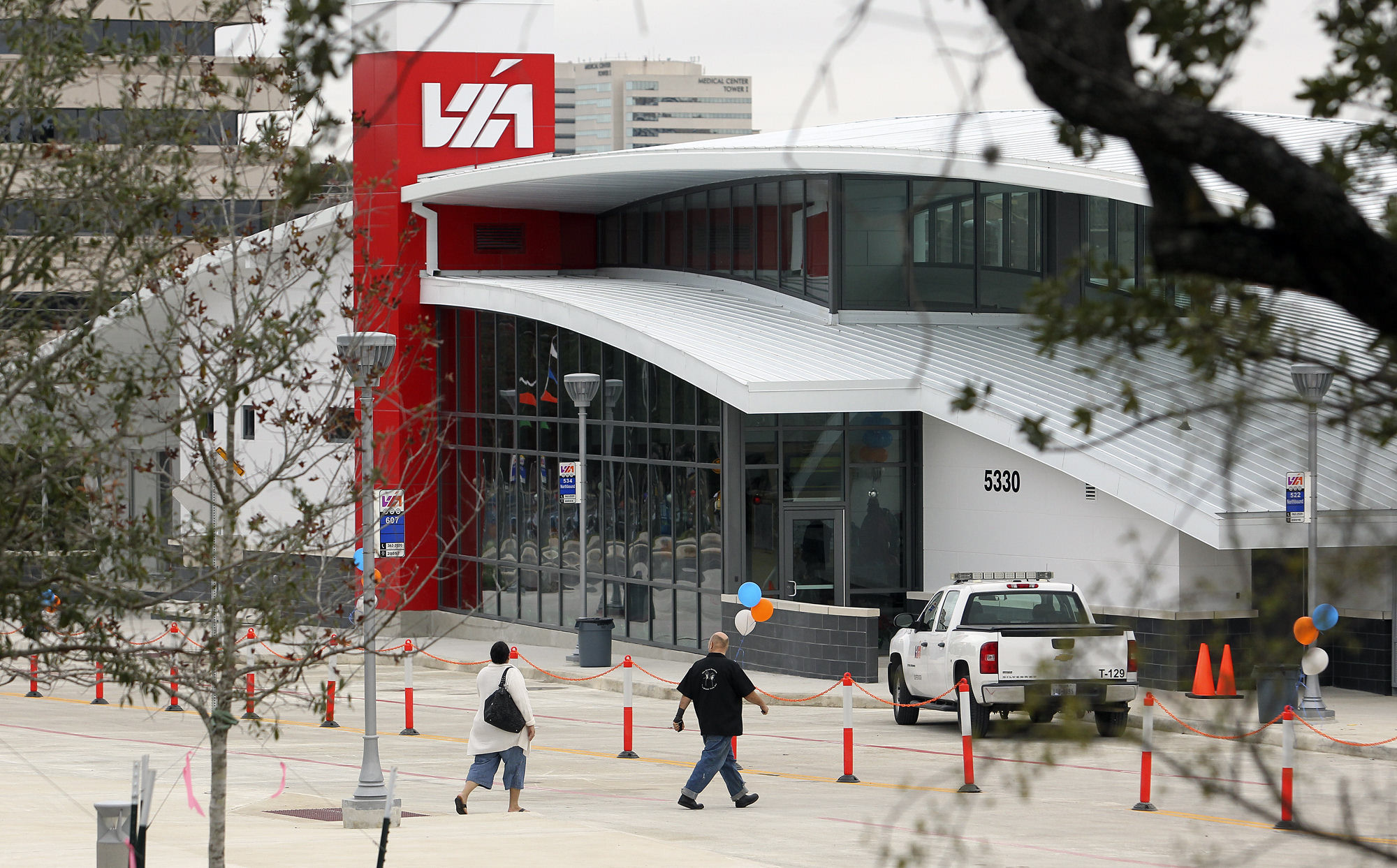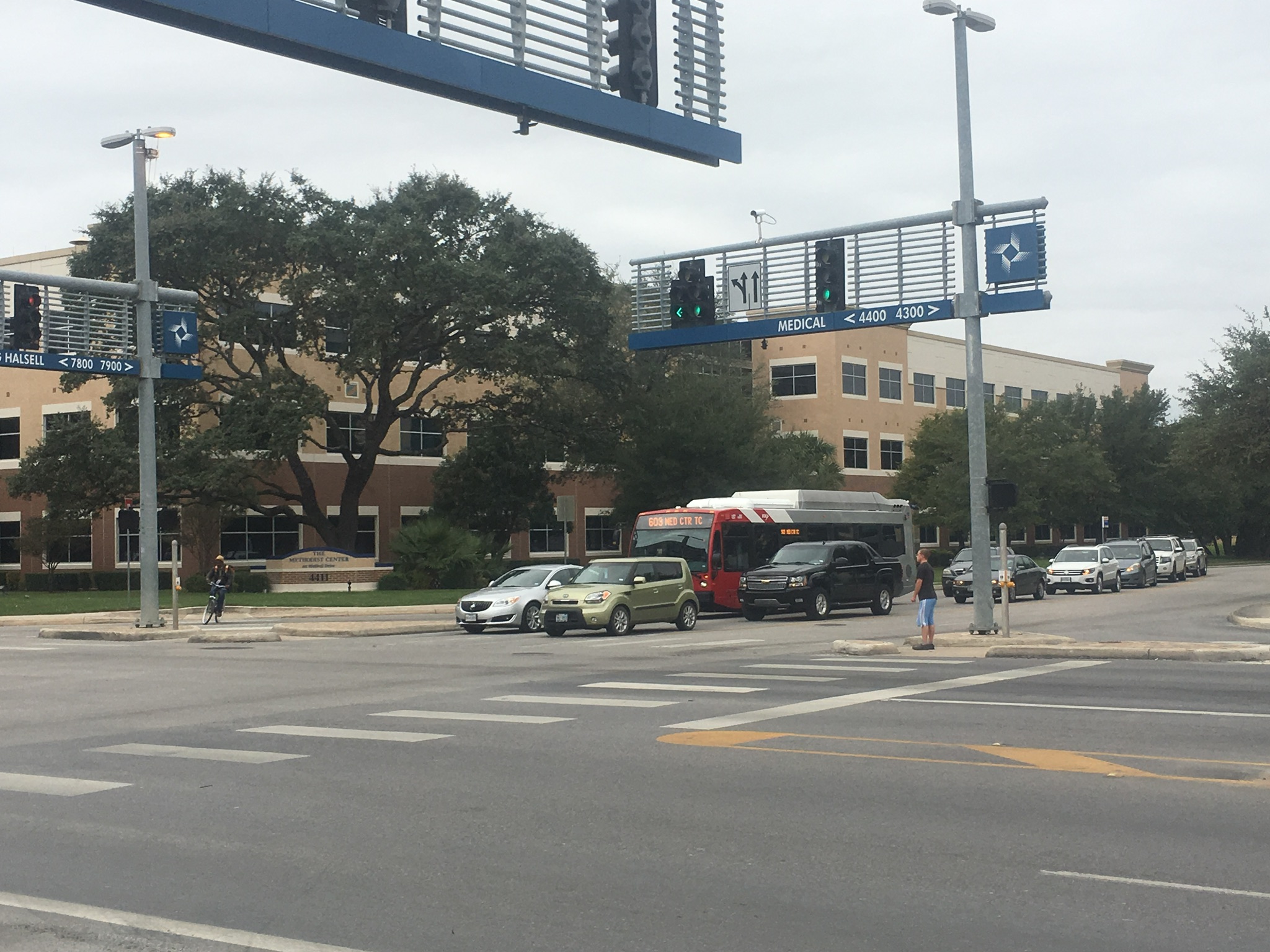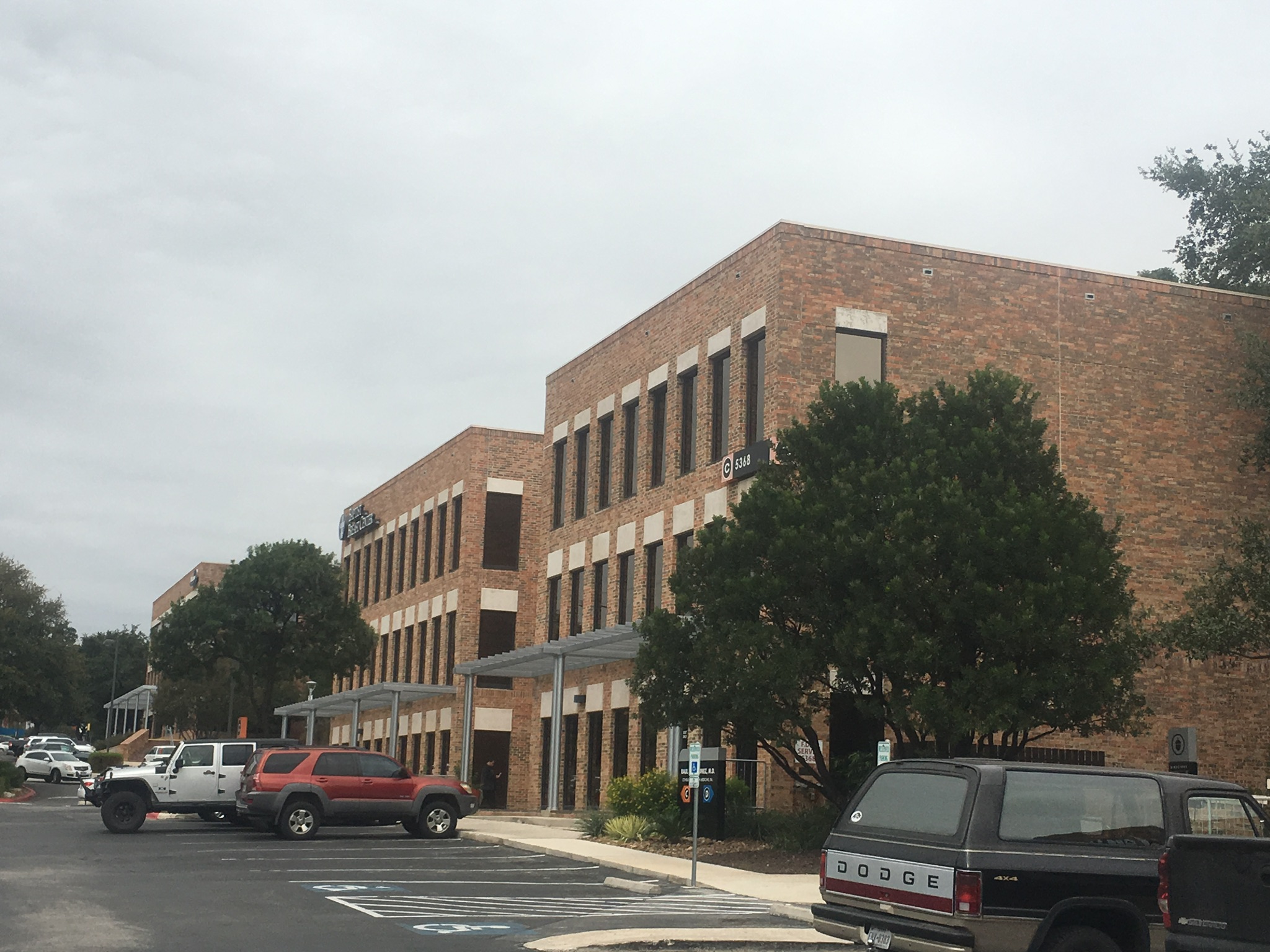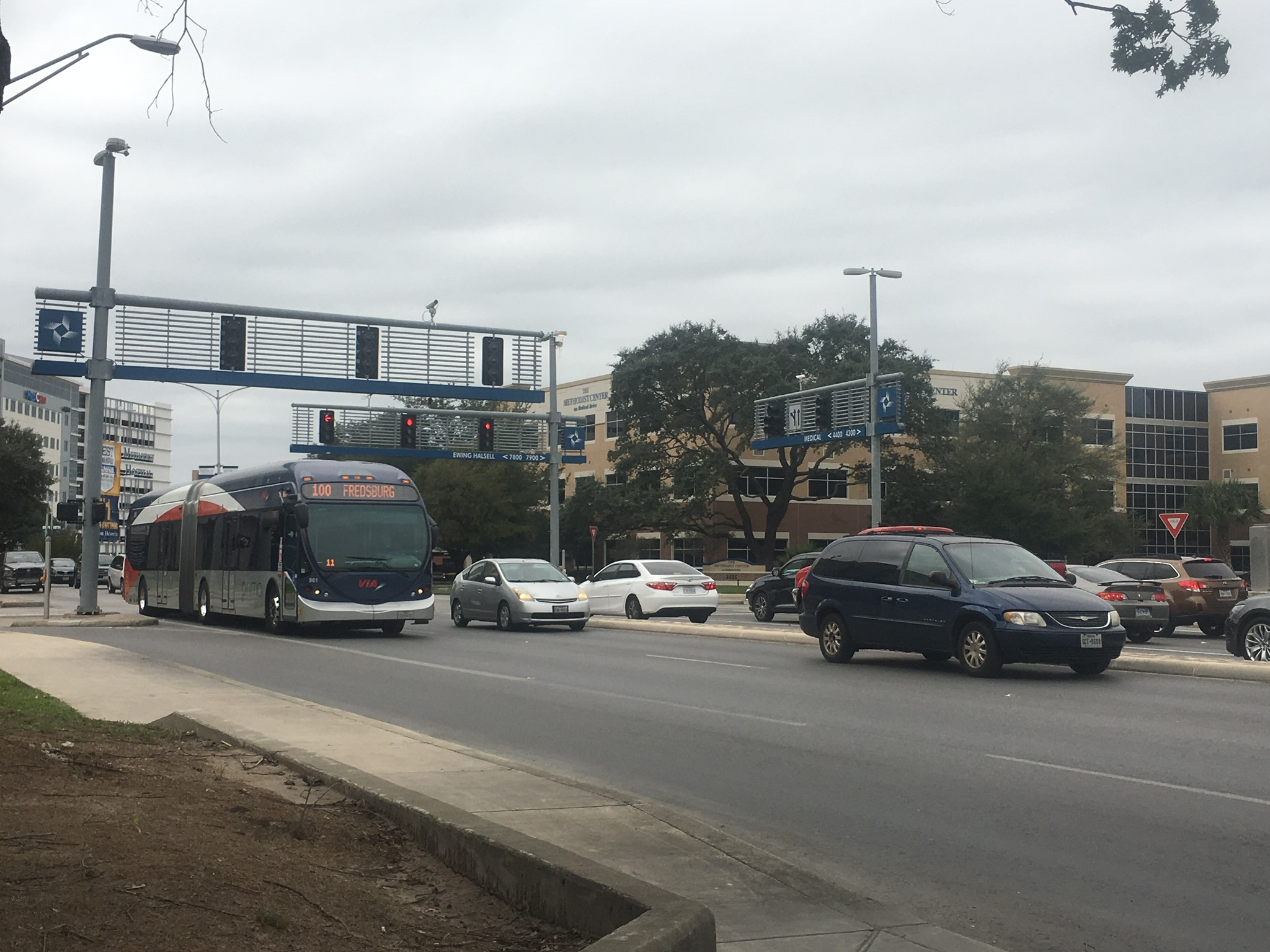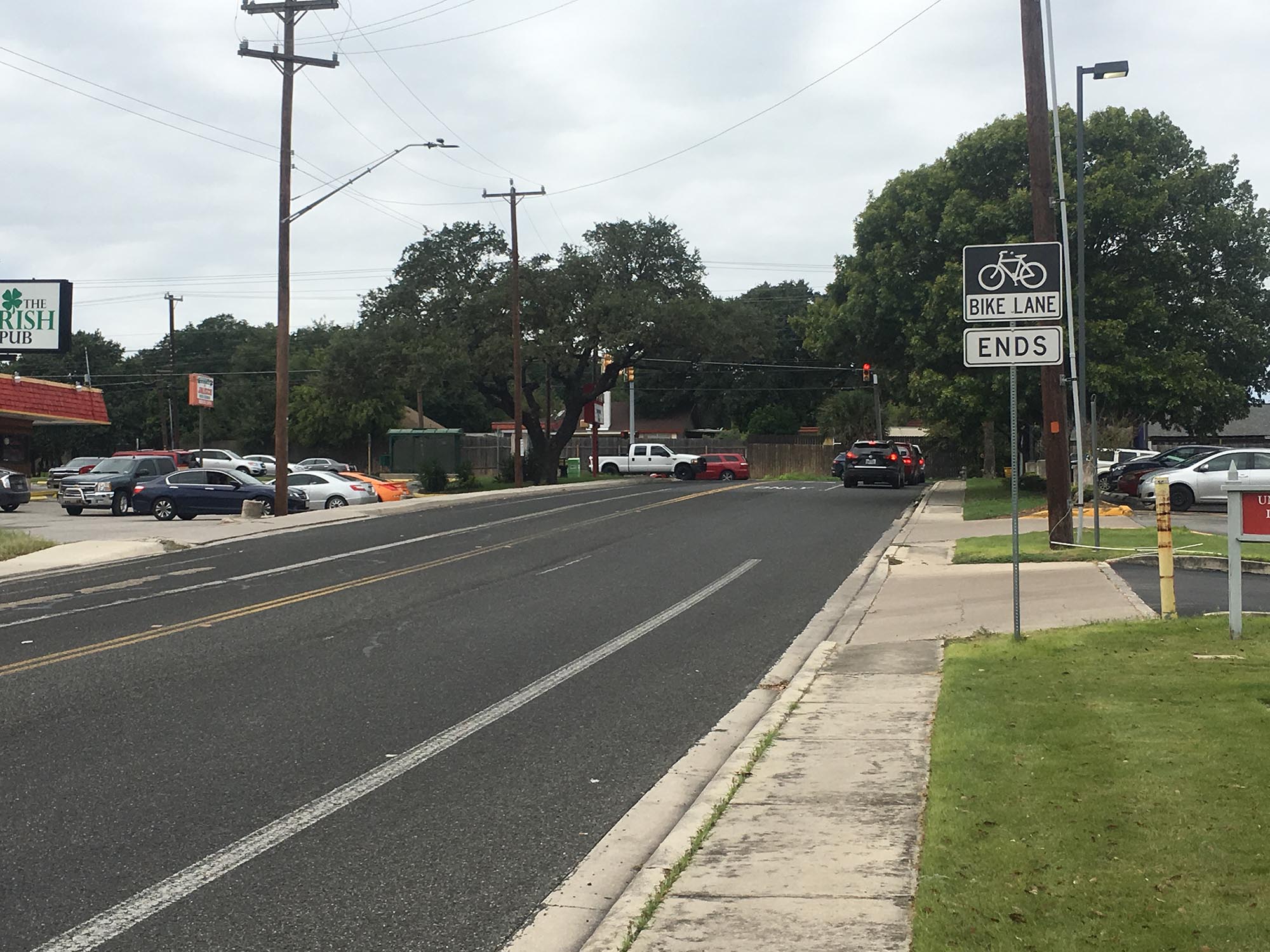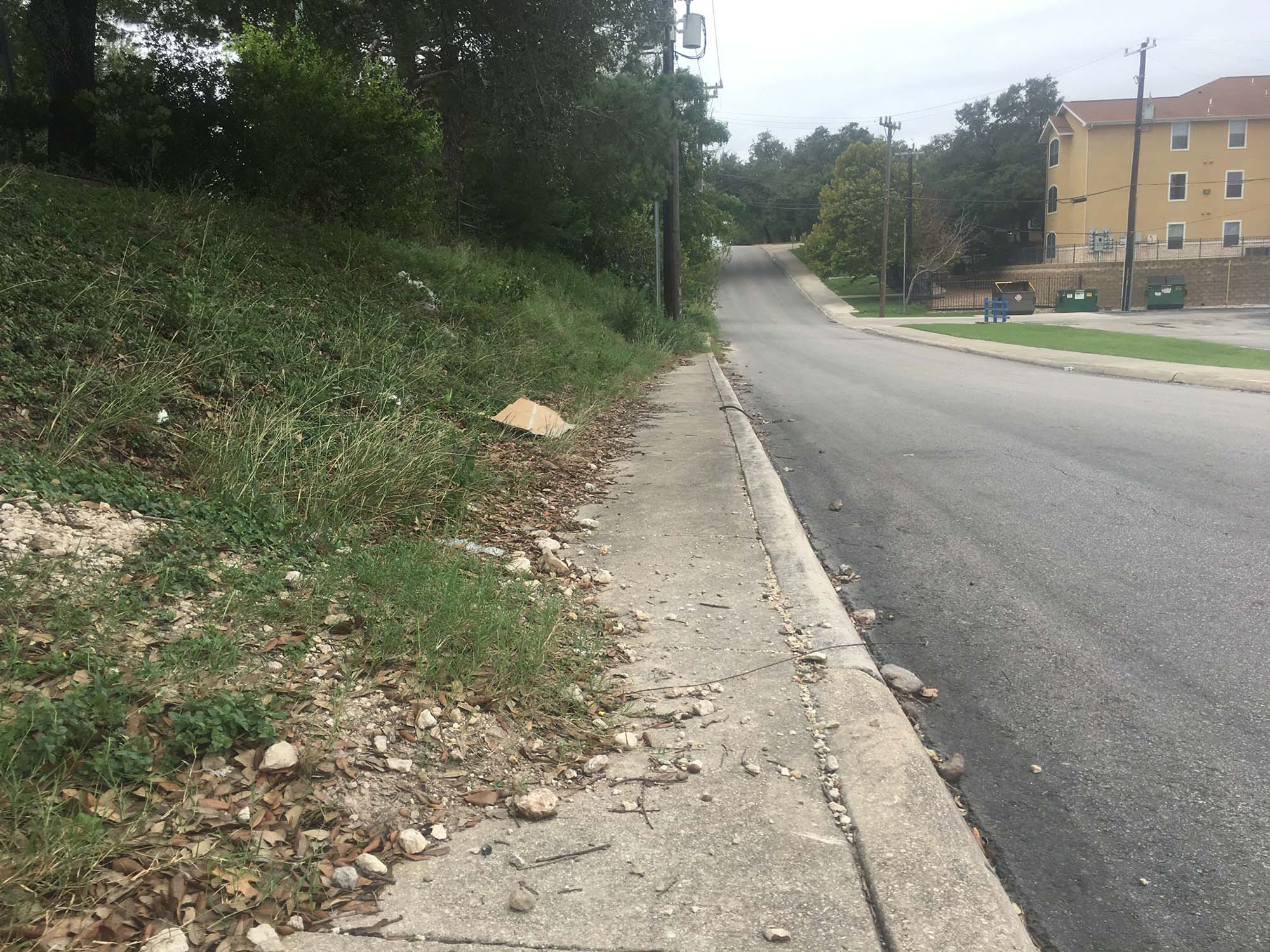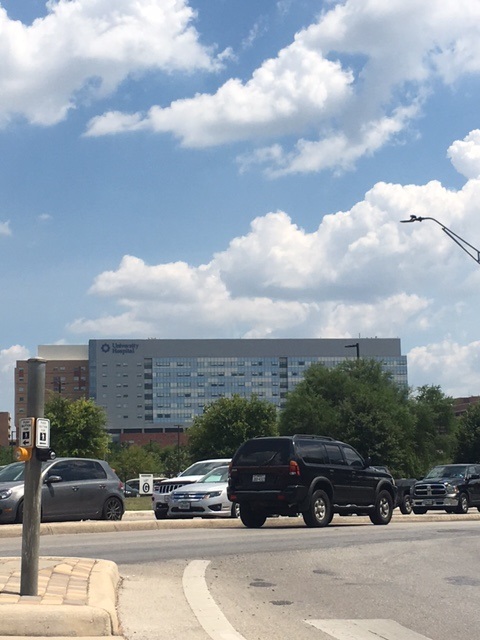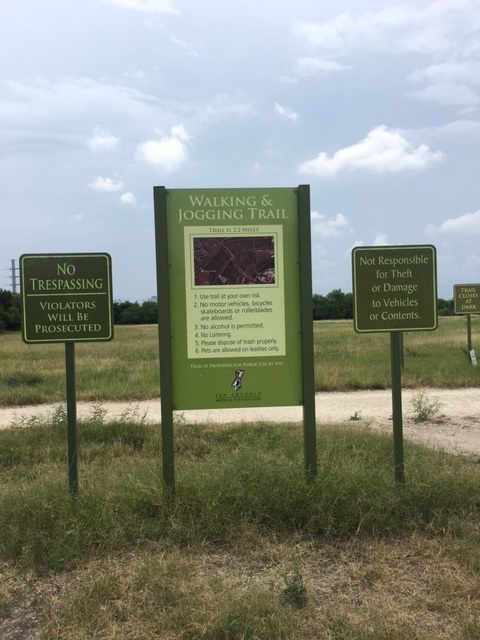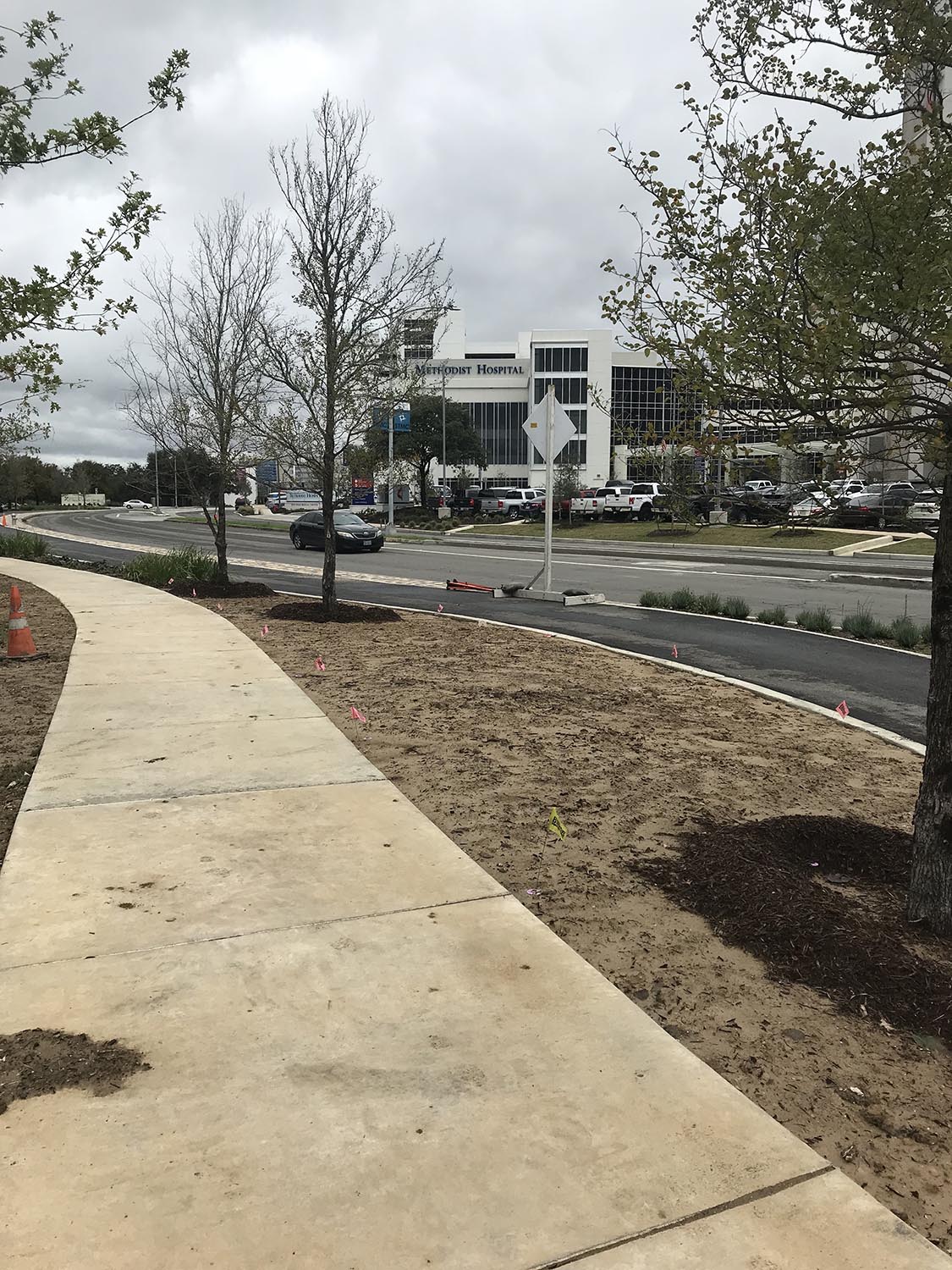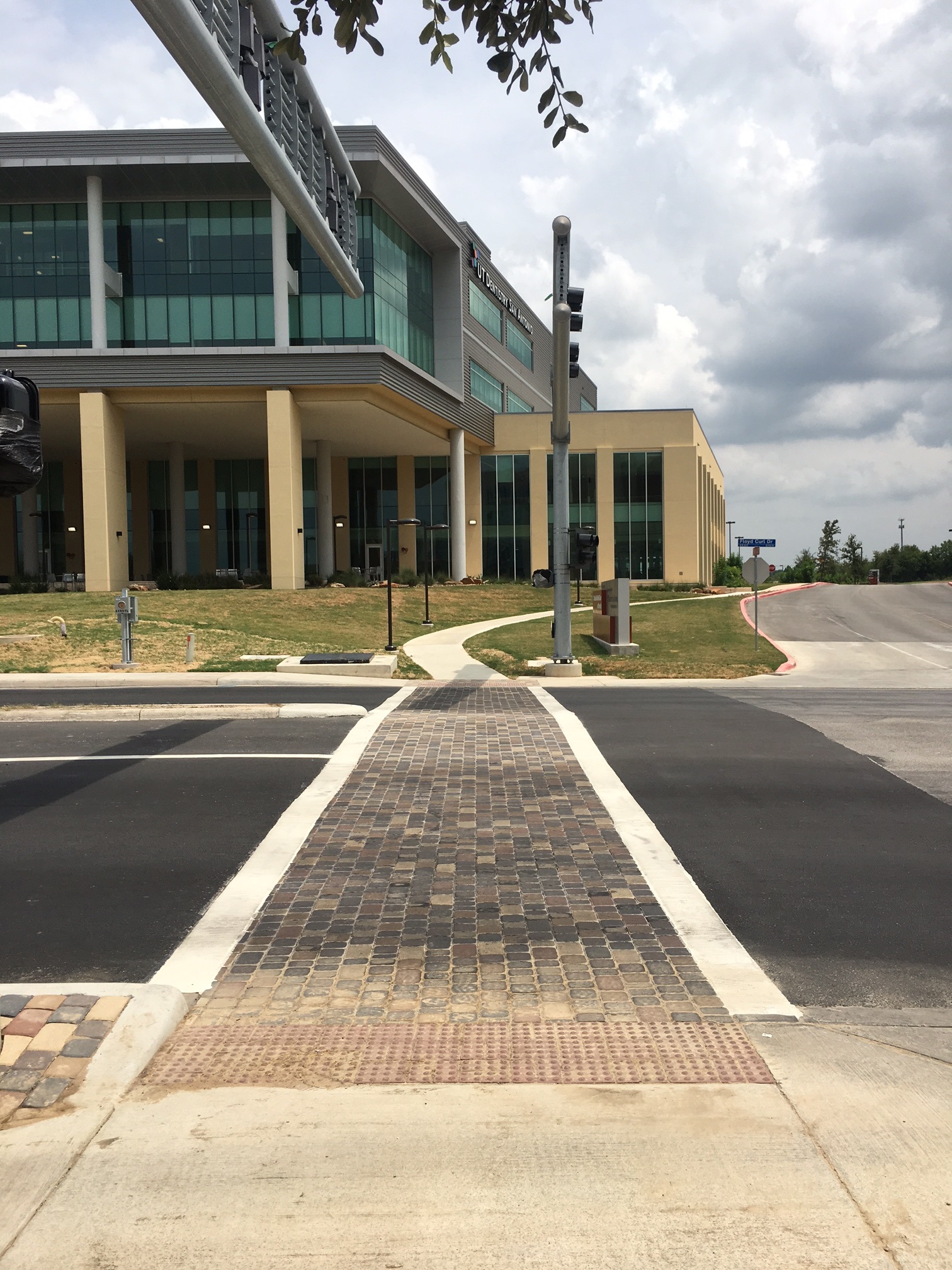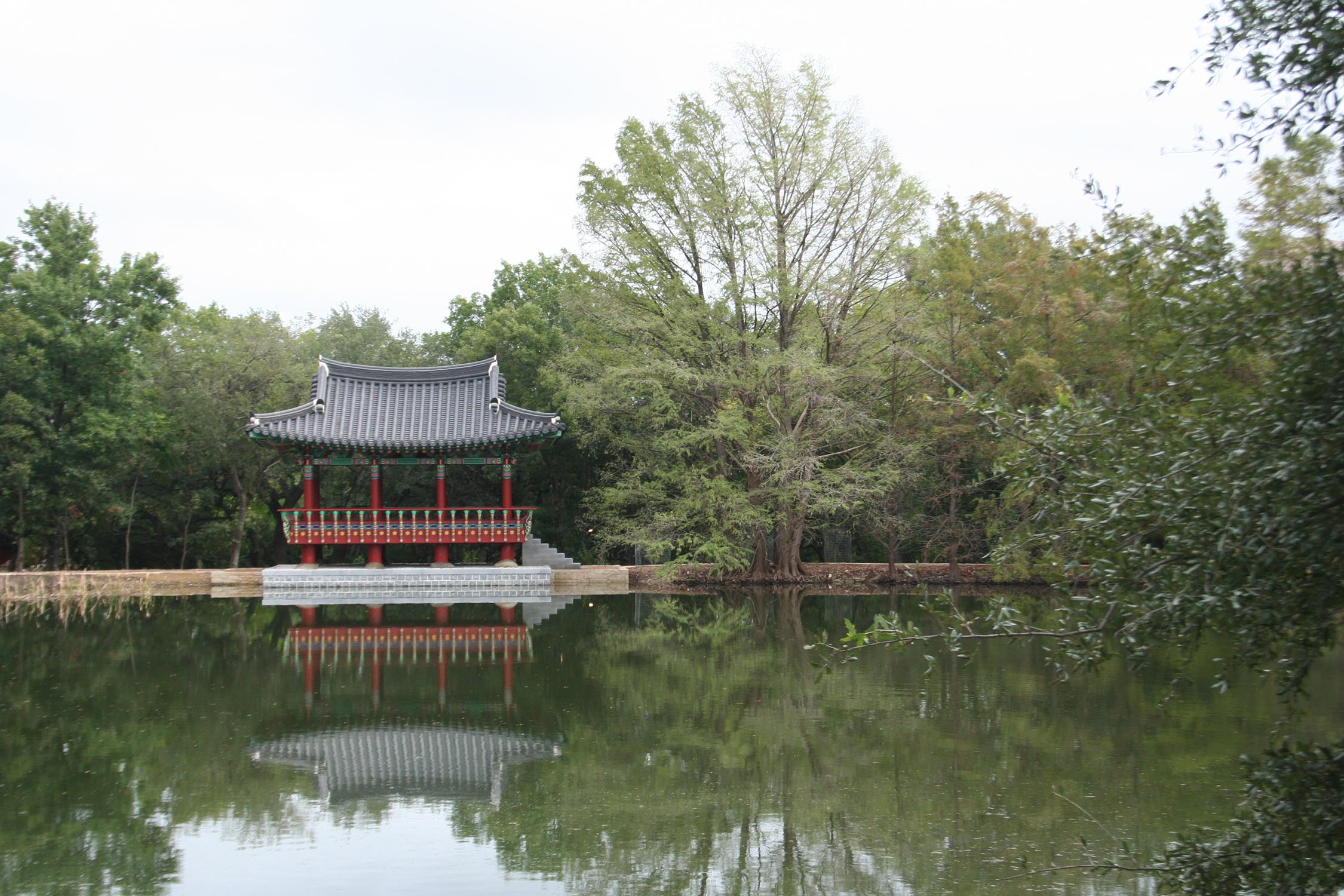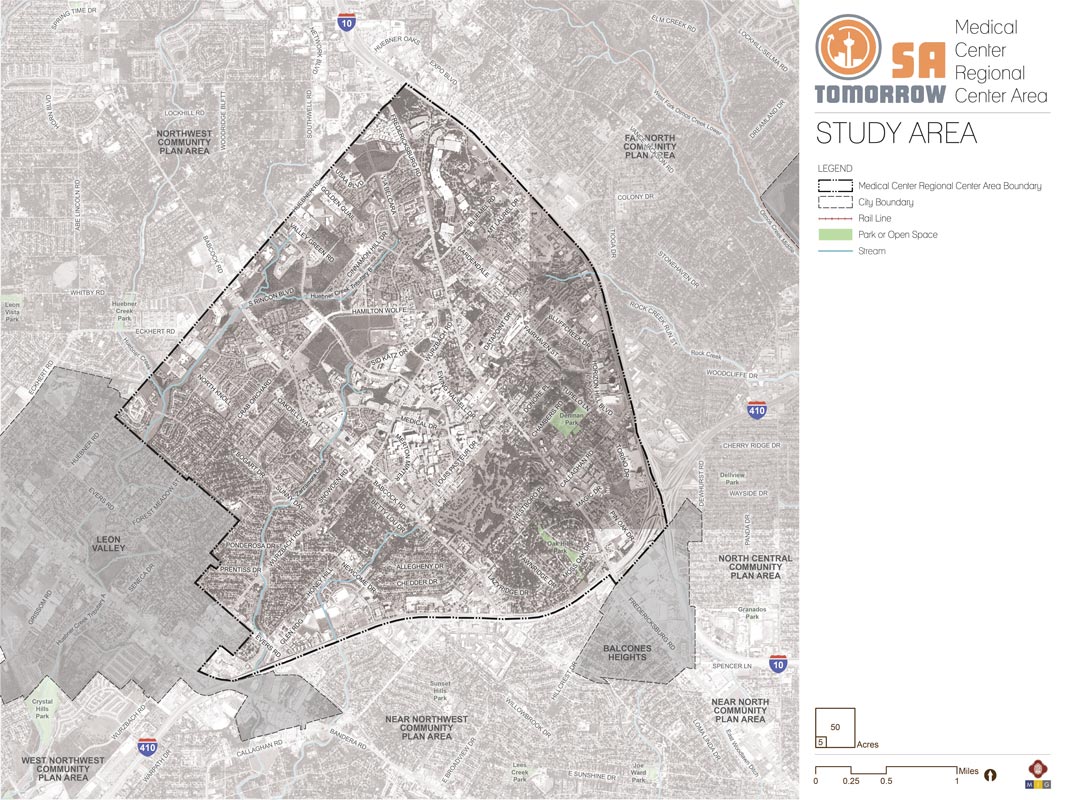Existing Conditions
Medical Center Area Regional Center
Explore the tabs below to learn more about the assets, challenges and opportunities in the Medical Center Area Area and to view our study area map.
Assets
The McDermott Building at USAA
Office Building on Fredericksburg Rd
VIA Station at the Medical Center
Intersection of Ewing Halsell & Medical Drive
VIA STMC Transit Center on Babcock & Medical Drive
Challenges
Challenges
Traffic congestion is a major challenge for the Medical Center Area. Concentrated populations of both employees and residents, create congestion throughout the day, with particular problems during morning and afternoon commutes. With key medical facilities relatively spread out along the main corridors, much of the traffic congestion is related to employees, patients, and visitors moving between facilities, and attempting to find available parking.
The lack of public open spaces is another challenge for residents, visitors, and employees of the area. Pedestrian safety is a key concern for the area. Although sidewalks exist throughout the majority of the area, they do not fully connect to neighborhoods, transit facilities or other key destinations. In addition not all sidewalks have a safe buffer from traffic, and where crosswalks exist, they often cross wide, high traffic intersections which are not always accessible or convenient for the mobility impaired.
Traffic congestion on Medical Drive
Traffic congestion on Ewing Halsell
Wide intersection at Wurzbach and Medical Drive.
End of Bike Lane, Parkdale Street
Unmaintained sidewalk
Opportunities
Opportunities
The Medical Center has a dense population of employment and talent. Providing support to this area through alternative transportation options, building on existing partnerships, and providing informal recreational opportunities will continue to catalyze the “live, work, and play” vision and make the area even more attractive to hospitals, research institutions, visitors, and residents. With easy access to medical services, potential for additional connected green spaces, and easier pedestrian mobility, the area has the potential to become the healthy example of a well-functioning area that provides a nurturing environment for residents, employees, patients, and visitors.
Crosswalk on Floyd Curl Drive
Denman Estate Park
Single Family Neighborhood in the Medical Center Area
Denman Estate Park is the only city owned park in the area and is a beloved park by neighborhood residents
San Antonio Medical Foundation Jogging Trail
Sub-Area Plans
Sub-Area Plans, such as the Medical Center Area Regional Center Plan, are intended to provide a more coordinated, efficient and effective approach to planning in San Antonio. In contrast to other Regional Centers and Community Areas, only a few of the neighborhoods and home owners associations in the Medical Center Area opted to participate directly in the development of the Plan. In addition, there are no existing adopted Neighborhood or Community Plans to incorporate into the Medical Center Area Regional Center Plan. Planning Department staff worked with broader neighborhood coalitions, such as Northside Neighborhoods for Organized Development (NNOD), to identify general opportunities, challenges, and priorities for residential areas in the Plan area.
Comprehensive Plan Regional Centers
Regional centers are one of the major building blocks of San Antonio’s city form and are a major component of the Comprehensive Plan and the overall SA Tomorrow effort.
.jpg)
While most cities have one or two larger employment centers, we have 13. This provides challenges and opportunities. A major organizing element for the Comprehensive Plan is to focus growth in these regional centers, building on the existing pattern of development. They’re envisioned as new “places” where we live, work, and play.
New development is already gravitating to these centers and we can guide additional growth in these areas. Each center is different and its development will be influenced by its existing uses. However, many of the centers are also well-positioned to develop as vibrant mixed-use places. They offer a variety of housing options and price ranges, allow higher-density and incorporate carefully designed and located amenities that will benefit both residents and employees of the center. Each center’s character can attract a different mix of businesses and employees. Therefore, San Antonio must focus its investment and infrastructure strategies on supporting and leveraging the unique identity and assets of each center.
